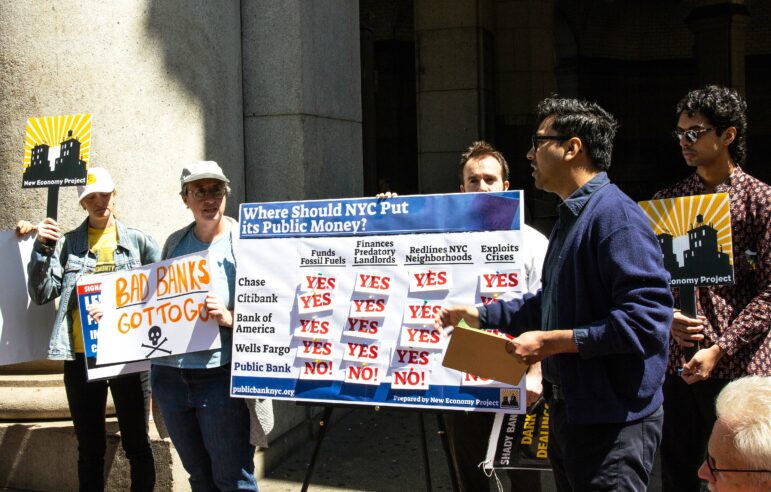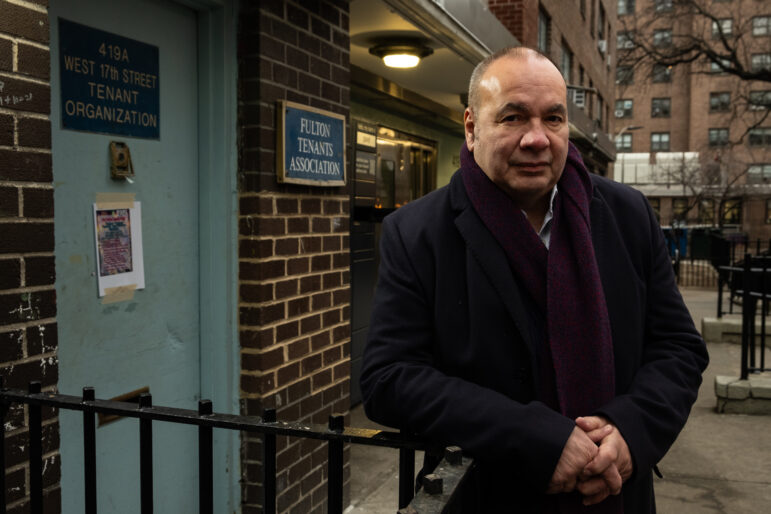Post-Cold War reactionary pundits and policymakers cast America’s teenagers in a dual role: they are both rampaging insurgents and helpless deadweight, the incorrigible source of most social ills. As adherents to this vision would have it, poverty, violence, drug abuse, and unwanted childbirths threaten the baby boomers’ utopia because kids–everyone else’s, not theirs–don’t act properly.
Led by über-boomer Bill Clinton’s virtuoso example of how to pass the buck, the new aristocracy’s media elite dutifully stoke the image of today’s youth as out of control. Pot smoking, Time says, is at unprecedented levels among teens. And parents catching kids getting spliffed should hold a hard line and act like their hippie days never happened. On the fate of the poor–one in four adolescents lives below the poverty line, according to census reports–the New Republic asserts, “poor people are different, sadly, from you and me. They are isolated from us; they have different values, and it seems very clear that their problems were neither entirely loss of work, nor will they be entirely solved by government action.”
The national antipathy toward adolescents culminated in the welfare reform bill, a singularly regressive act of government deregulation that will leave millions of children in the lurch. Mike A. Males wrote The Scapegoat Generation: America’s War on Adolescents a year before Clinton signed the welfare bill. But he saw it coming.
“That the Clinton presidency dispenses the most virulent anti-adolescent sentiment is no accident,” writes Males, who was born in 1950. “It coincides with a period in which adults are suffering increasing difficulty in managing our own lives, from marriage and child raising to personal behavior to government. It is a time of national detachment, in which Americans over age 40 are rich and becoming steadily more so, while younger Americans are increasingly poor. These trends magnify existing effects of race and class into a new dynamic in which age is rapidly becoming the primary delineator of well-being.”
Debunking the conventional wisdom, Males persuasively points out that many social ills blamed on teenagers involve the direct or indirect complicity of adults.
For example, he writes, pundits decry soaring youth crime in an “angry, baffled and frantic tone devoid of analysis of the environmental components that amply explain the trend,” Males says. Yet, he charges, increasing youth violence is the predictable result of 20 years worth of government policies–promulgated by adults–that have mired children in poverty, and two decades of increasing rates of physical child abuse by adults.
Joe Camel notwithstanding, Males reports that between 66 and 90 percent of kids who smoke grew up in households where their parents smoked. He also emphasizes that, to a great extent, it is adult men who impregnate unwed girls, not teenage boys constantly moving on to new conquests a la Kids, the resolutely anti-kids movie of two years ago.
In Scapegoat Generation’s most stunning chapters, Males marshals reams of government-sponsored research showing that many teen mothers suffered violent sexual and physical abuse at home, that fewer than 5 percent of under 18 mothers live in homes without adults present and that being raped by an older men was the first sexual experience for most sexually active girls under age 15.
“If the president really wanted to prevent junior-high sex,” Males says, “he would lecture grownups.” But Washington is usually too squeamish to address illicit relations between adult men and teenage girls. It’s easier to capitalize on demeaning images of pregnant teenagers.
Males indicts baby boomers and their elders in controlled but passionate prose. Scapegoat Generation brims with graphs, charts, statistics, an index and notes tracing the source of every assertion. Males, a doctoral student in social ecology at the University of California, Irvine, is not pleading just for bigger government, but for responsible policymaking.
Last year’s presidential election results hold little promise of a shift in the country’s anti-adolescent consensus any time soon. But Males suggests that the current generation of adults over 40 and under 65 will regret remaining indifferent, intolerant and downright abusive of the younger generation–regardless of whether their behavior is the result of some unresolved beef with their parents for sending them to Vietnam or because they have become self-obsessive, unrepentant yuppies who refuse to accept any responsibility for society’s problems. When today’s kids grow up and throw around the weight of their own socioeconomic power (or lack thereof), the boomers will reap what they have sown.
Dimitry Léger a writer at MTV News, is 25 years old.








